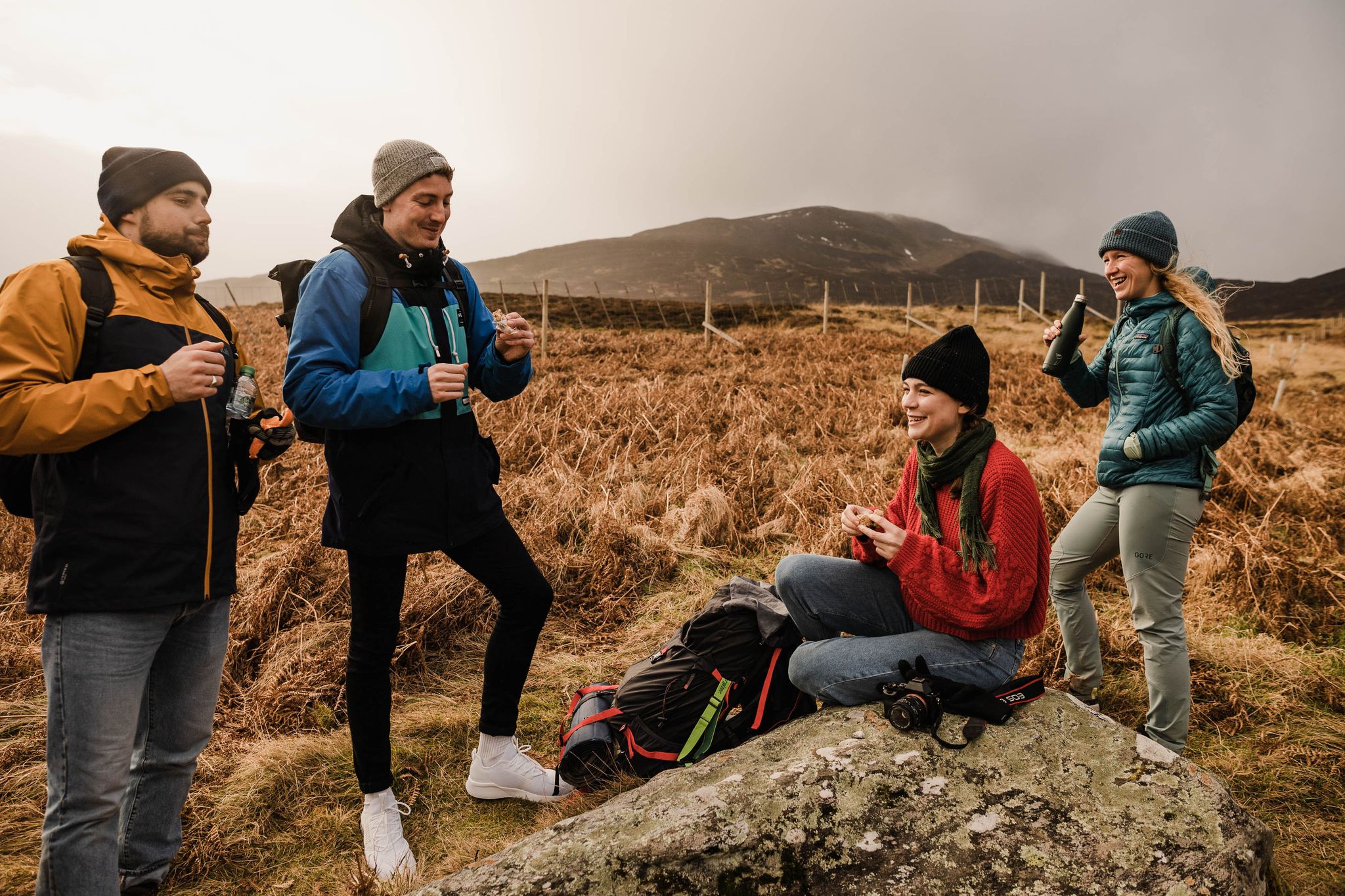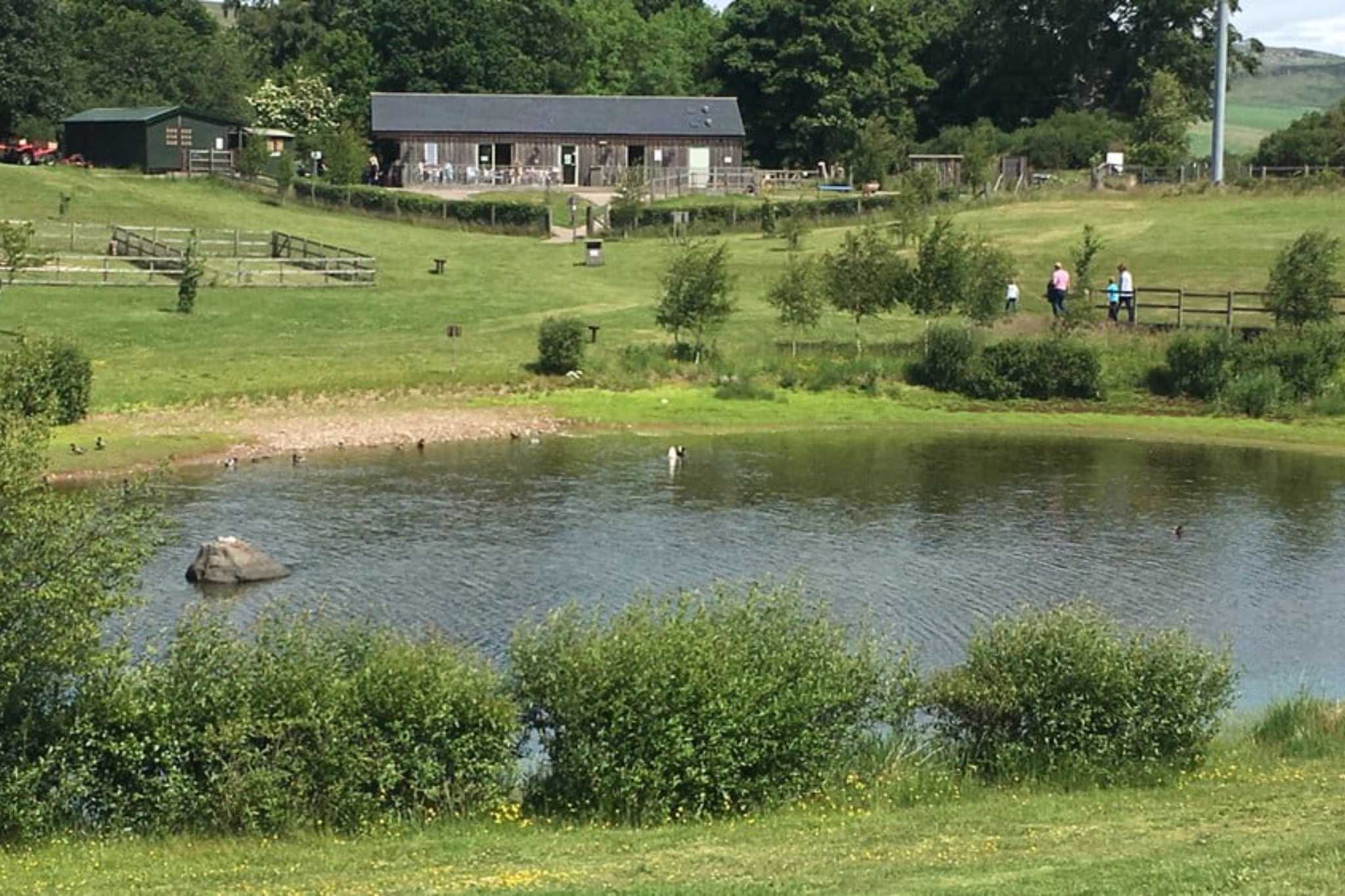Loch Morlich
Adaptation
The process of modifying practices, systems, or infrastructure to cope with the current and future impacts of climate change, such as rising sea levels or more extreme weather. The aim is to reduce vulnerability and increase resilience.
Carbon footprint
Represents the total greenhouse gas emissions caused directly and indirectly by an entity (such as your business), emphasising the environmental impact of activities from production to disposal.
Carbon neutral
Achieving net zero carbon emissions by either balancing emitted carbon with carbon removal or eliminating carbon emissions entirely.
Circular economy model
An economic model aimed at minimising waste and making the most of resources. This contrasts with the traditional 'take-make-dispose' model of production and consumption.
Emissions
Refers to the release of greenhouse gases, such as carbon dioxide and methane, into the atmosphere that must be reduced to near-zero.
Emission trading schemes
Market-based approach to controlling pollution by providing economic incentives for reducing emissions of pollutants.
Low carbon transport
Transportation methods that emit low levels of greenhouse gases, such as electric vehicles, bicycles, or walking; all of which contribute to a reduced carbon footprint in tourism
Mitigation
The process of actively reducing or eliminating greenhouse gas emissions to achieve net zero targets and promote environmental sustainability. This involves adopting renewable energy sources, enhancing energy efficiency, and developing sustainable land use practices to prevent further climate change.
Net zero
A state where the greenhouse gases emitted are balanced by the amount removed from the atmosphere, a critical target for mitigating climate change.
Offsetting
A method of compensating for carbon emissions by balancing emissions that cannot be directly reduced. This could be by funding projects that remove or reduce greenhouse gases elsewhere, such as through reforestation or renewable energy initiatives.
Regenerative tourism
A tourism model that aims to actively restore and improve the health of ecosystems, communities, and cultural heritage, going beyond sustainability to create a net positive impact.
Responsible tourism
A tourism approach that minimises negative social, economic, and environmental impacts while fostering benefits for local communities and preserving cultural and natural heritage through acts of consideration and best practice.
Renewable energy
Energy from sources that are naturally replenishing but flow-limited; these resources are virtually inexhaustible in duration but limited in the amount of energy available per unit of time.
Sustainable tourism
Tourism that thinks about how it affects the economy, society, communities and environment both now and in the future. It aims to use resources wisely so that it can meet today's needs and keep the local culture, nature, and ecosystems healthy for the future.

